Veteran Voices: The Oral History Podcast
Special Feature
Memorial Day 2022
Remembering the Fallen
If history were taught in the form of stories, writes Rudyard Kipling, it would never be forgotten. On this Memorial Day, we share four short stories about fallen comrades as told by veterans. These stories, captured, preserved, and shared by The Social Voice Project, come from our many community oral history projects throughout Western Pennsylvania.

On this episode of Argot: Audio Short Stories from the Veteran Voices of Pittsburgh Oral History Collection, WWII veteran Francis Rifugiato of Pittsburgh shares a story about the death of his army buddy Charlie and his own fortunate life.
Francis Rifugiato joined the Army ROTC’s enlisted reserve corps while a music student at Duquesne University because he assumed the war would be over by the time he graduated. He was ordered to report to active duty in 1943. “I went from learning how to play clarinet in a Mozart concerto to learning how to kill someone with a bayonet.”
Fran served in an Army band until the need for combat infantrymen broke up the band and sent him into the 12th Armored Division. He boarded a troop ship in September 1944 and landed in France in November. Being a member of a headquarters company, Fran wasn’t involved in offensive operations, but he saw a lot of combat nonetheless. “I’m very lucky,” he says. Not so lucky was Fran’s best friend Charlie, who was a musician like Fran. Charlie’s death still haunts Fran, these many years later.

On this episode of Argot: Audio Short Stories from the Veteran Voices of Pittsburgh Oral History Collection, WWII veteran Guy Prestia of Ellwood City, Pennsylvania shares a story about a young man who was unprepared for battle.
During WWII, Guy Prestia of Ellwood City, Pennsylvania was among the first Army troops to reach Europe through North Africa, Sicily, Salerno, and Anzio. From June 1943 through Allied Occupation, Guy served with the 45th Infantry Division, a unit formed out of the Oklahoma Army National Guard from the American Southwest.
Official military records state that the 45th Division endured 511 days of combat and more than 63,000 casualties. By war’s end it was a tough, seasoned outfit. But it wasn’t always that way. “We really didn’t know what we were doing at first,” Guy admits. Mistakes were made. There were tragic friendly fire accidents in the fog of war, literally. And some casualties were neither from the enemy or friendly fire. Guy tells the story . . .

On this episode of Argot: Audio Short Stories from the Veteran Voices of Pittsburgh Oral History Collection, Vietnam veteran Lewis Cooke of Tionesta, Pennsylvania shares a story about his buddy Arnold Benson and the inadvertent keepsake Arnie left behind.
Lewis Cooke of Tionesta, Pennsylvania grew up in Rhode Island. As a young man he was a merchant mariner, but in the mid 60s he was drafted into the Army during the Vietnam War.
“That year in Vietnam was the worst of my life,” he says with humor rimmed sincerity. “I can’t believe I made it out alive. Just stupid luck maybe.” Lewis’ infantry job was to “seek and destroy” the enemy. That meant countless helicopter trips deep into the jungle, where his squad would roam the countryside for days and weeks with one goal—to kill the enemy. “We weren’t on good will missions, and I’m not proud of that,” Lewis says. “I had a job to do, but I never wanted to hurt anyone.”
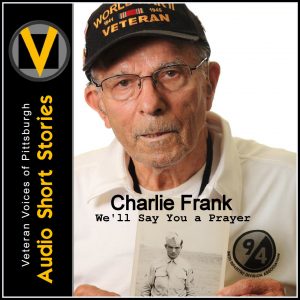
On this episode of Argot: Audio Short Stories from the Veteran Voices of Pittsburgh Oral History Initiative Collection, WWII veteran Charlie Frank of Rochester, Pennsylvania shares a story about witnessing the fatal wounding of his assistant squad leader.
Charlie Frank, Sr. of Rochester, Pennsylvania was drafted in late 1942, picking up the 94th Infantry in Kansas for a year of training. He finally came ashore in Europe D+94 at Omaha Beach, “still littered with helmets and rifles.” Charlie and The Pilgrim Division would then endure more than 209 days of combat in the campaigns of Northern France, Rhineland, Ardennes-Alsace, and Central Europe, including the Battle of the Bulge.
At 94, he’s developed a sense of perspective over the years. “There was only about four of us left in our squad for awhile,” Charlie replies. “I guess the good Lord didn’t want me.” Did he ever think of the danger? “I wouldn’t say that I wasn’t scared, but I didn’t pay too much attention to it.”
Bonus Content
Thinking About the Fallen Enemy
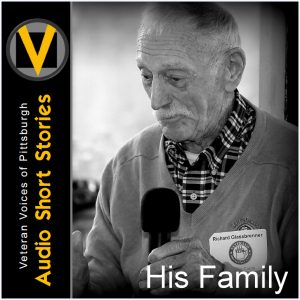
On this episode of Argot: Audio Short Stories from the Veteran Voices of Pittsburgh Oral History Collection, Richard Glassbrenner shares a story originally told on June 8, 2016 at the Veterans Breakfast Club in Wexford, Pennsylvania. This audio short story is engineered and produced by Kevin Farkas of the Veteran Voices of Pittsburgh Oral History Initiative.
During WWII, Richard Glassbrenner of Pittsburgh, Pennsylvania served as a forward observer and rifleman with the Marine Corps. Fighting in the Battle of Okinawa, just prior to the Allied invasion of Japan, Richard and his buddy Staub discovered a badly wounded Japanese officer. After the enemy soldier tried to kill the Americans, he was dispatched by the young Marines. As Richard and Staub were burying the enemy, Richard found a souvenir that hunted him for years.
1949 Dramatic Tribute to the Unknown Soldier
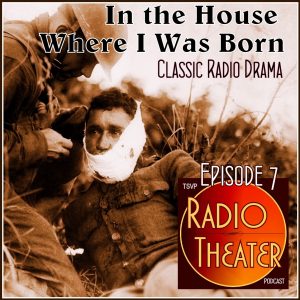
On episode 7 of the TSVP Radio Theater Podcast, we present a faithful reproduction of the original broadcast of In the House. Through the impressionistic narration of an “unknown soldier”—a representational every man—this radio drama pays homage to the common soldier and all who have died in military service. The show has been described as “a montage of memories—childhood homes, friends, family, war, death—that link the present with the past, the living with the dead, and form the cultural ties that bind communities together.” Others have said that the play “conquers time and space with an ease and flair.”
Written and directed by WWI veteran Wyllis Cooper for ABC Radio, the original 30-minute broadcast aired live on Memorial Day 1949. Our current production is a sound-stage adaptation that closely follows the original story and sound design. An added scene updates the story to include the Korean and Vietnam Wars, with special reference to Pittsburgh and actual lines from our oral history archive. This episode was recorded April 7, 2015 in the Cathedral of Learning, University of Pittsburgh, Pittsburgh, Pennsylvania. Produced by Kevin Farkas, directed by Dennis Schebetta, musical Score adaptation by Pat Blackburn, script adaptation & audiography by Kevin Farkas.
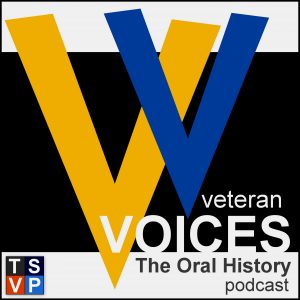
ABOUT THE PODCAST
Veteran Voices: The Oral History Podcast features conversations with those who tell veterans’ stories in creative and interesting ways, such as oral historians, authors, poets, playwrights, and photographers.
This podcast is a production of The Social Voice Project, an innovative public media initiative dedicated to capturing, preserving and sharing the voices and stories of our time through the first-hand, authentic accounts of lived experiences we call oral histories. The podcast was formerly produced by the award-winning Veteran Voices of Pittsburgh Oral History Initiative.
Episodes
More Episodes
Eppisode 8 | 2013 Year In Review
Episode 7 | Mary Caparosa | Veteran Photography
Episode 6 | Kathleen Short & Joe Zablotny | Veteran Stories
Episode 5 | Jean Ann Barsotti | Carnegie Free Library, Beaver Falls
Episode 4 | Jesse Mercure | US Army (ret.)
Episode 3 | Alex Sopka, George Priatko, Joe Capone | Veterans Stories
Episode 2 | Veterans Stories
Episode 1 | Veterans Stories
Producer & Host
Kevin Farkas is an independent multimedia producer specializing in creative audiography, sound design, and audio engineering. He has produced several audiobooks, radio dramas, live storytelling events, a podcast network, videos, as well as print and digital media publications.
Kevin also founded the nonprofit Veteran Voices of Pittsburgh Oral History Initiative—a leading regional multimedia project working closely with the Veterans Breakfast Club, StoryCorps, and the Senator John Heinz History Center/Smithsonian Institution to capture, preserve, and share the stories of veterans with a Western Pennsylvania connection.

Creative Short Stories from the Oral History Archive

Argot: Audio Short Stories Podcast
Argot: Audio Short Stories Podcast is a collection of creative story vignettes adapted from the Veteran Voices of Pittsburgh Oral History Initiative Collection. These audio short stories are inspired by actual events. Argot represents some of the most heartfelt moments from veterans’ oral history interviews conducted throughout Western Pennsylvania.
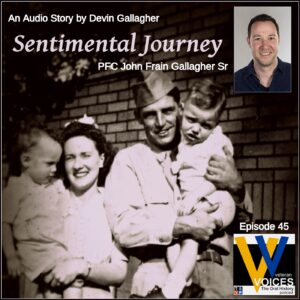
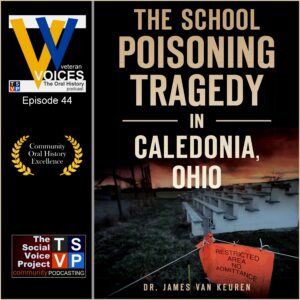
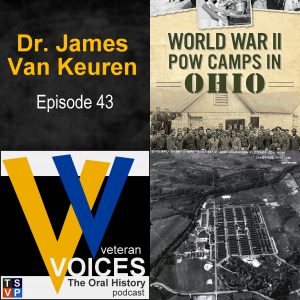

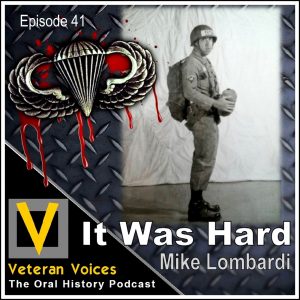
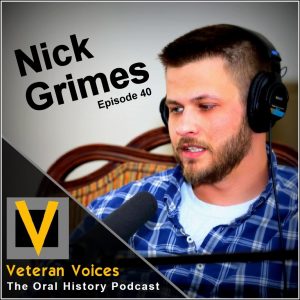

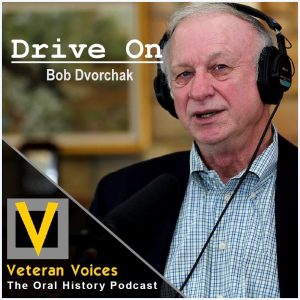

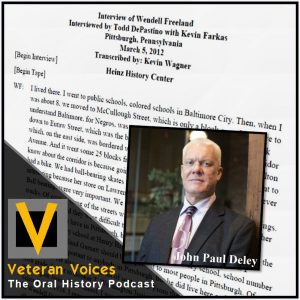


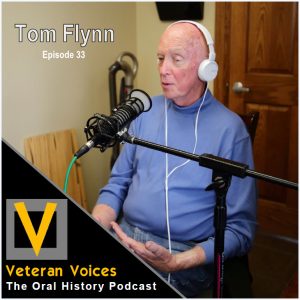
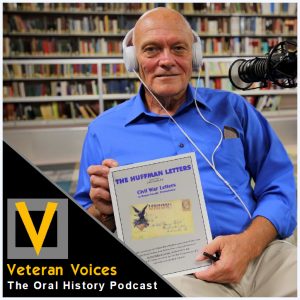
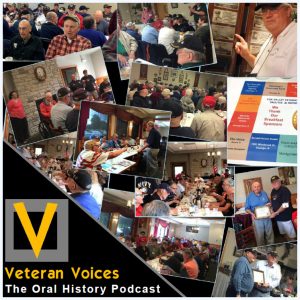

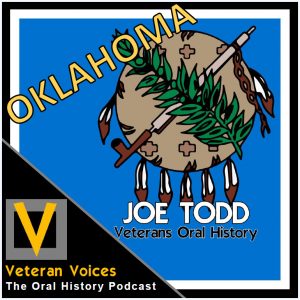
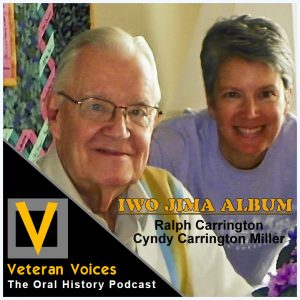

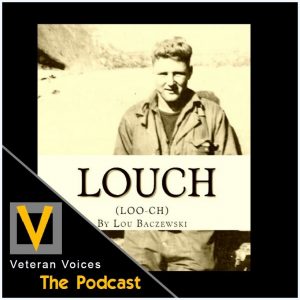

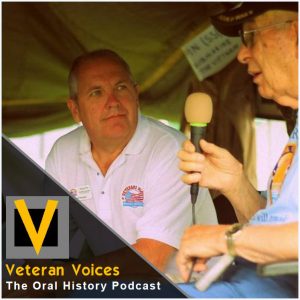

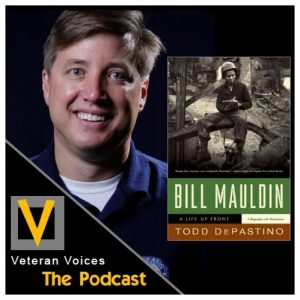


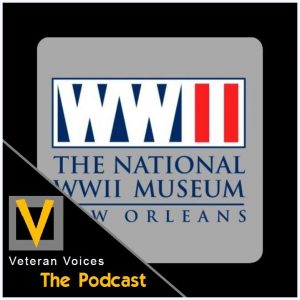





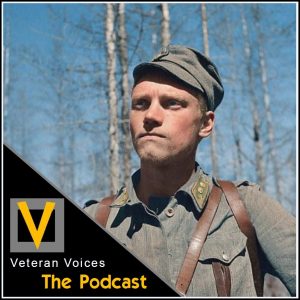




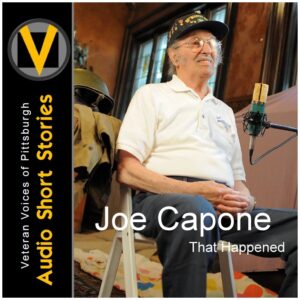
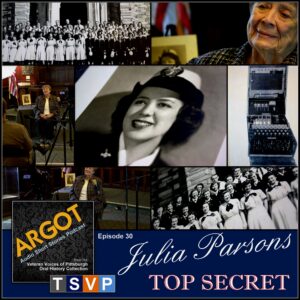
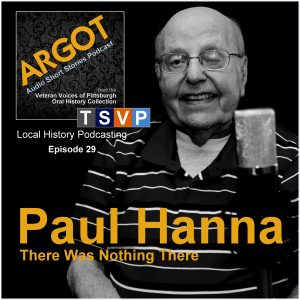
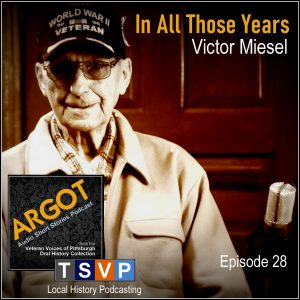
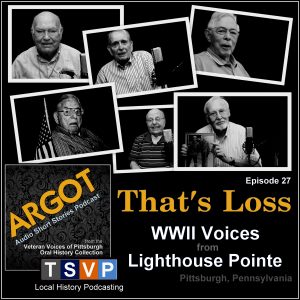
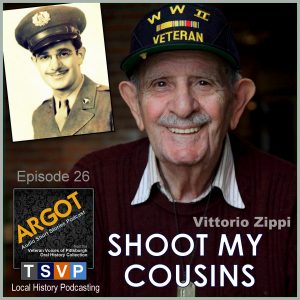
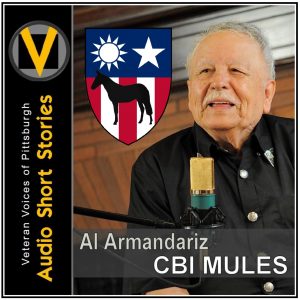
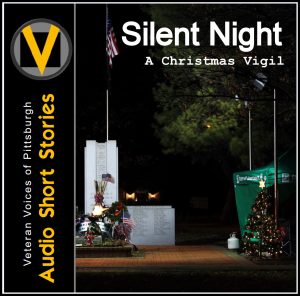


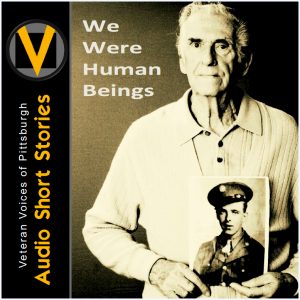
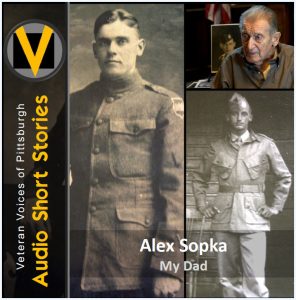


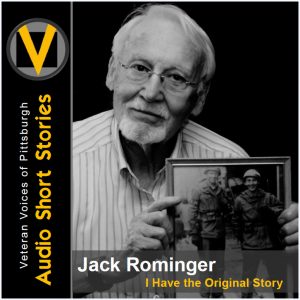



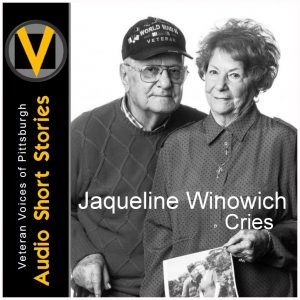

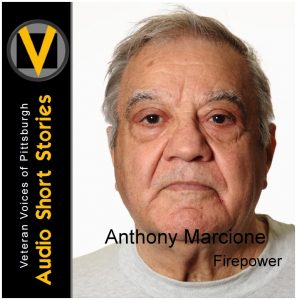
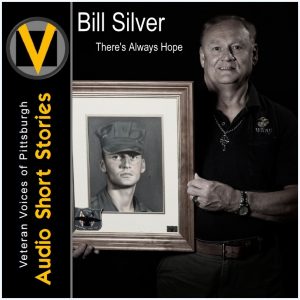



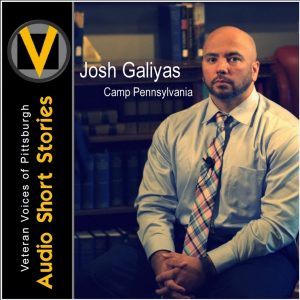




You must be logged in to post a comment.